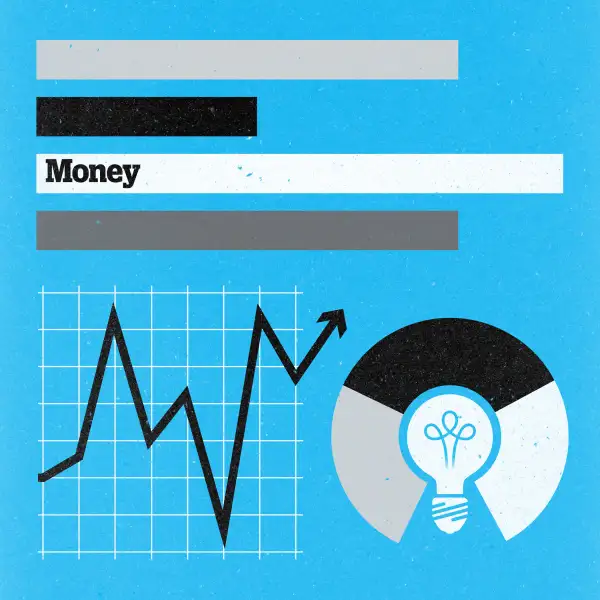How to Invest a Big Bonus
Money is not a client of any investment adviser featured on this page. The information provided on this page is for educational purposes only and is not intended as investment advice. Money does not offer advisory services.

Q: I got a big bonus at work, but I’m unsure what to do with it. I'm 32, have an emergency fund, and my only debt is a mortgage. I max out my IRA but can't contribute to my 401(k) until July because I recently started a new job. I have two young daughters but am wary of 529 accounts in case one or both decide to skip college. — Eric
A: This is a fortunate predicament to have, and kudos to you for looking for smart ways to save this windfall.
Start by looking for investment ideas that will provide you with some tax savings — either immediately or down the road.
One option would be to set aside the bonus until July, when you’re eligible to participate in the 401(k), then ramp up your contributions in order to set aside the full $18,000 allowed by the IRS this year. Use some of your bonus to offset the decline in take-home pay.
Now, if you had already planned to max out your 401(k) this year, you’ll want to look for other tax-friendly savings vehicles, says Craig J. Ferrantino, president of Craig James Financial Services in New York.
One possibility: municipal bonds. You could use your bonus to start building a portfolio of tax-free muni bonds issued by your state or a municipality. Normally someone your age would not consider a big stake in fixed income, but the after-tax returns are nothing to sneeze at if you live in an area with high income taxes.
If you go this route, Ferrantino recommends sticking with actual bonds, typically sold in $5,000 increments, and holding them to maturity rather than going with a bond fund, whose value rises and falls with the markets. Note: While there are benefits of going this route, you may need the help of an advisor to select and buy the bonds.
Yet another option: Use your bonus to pay for a Roth conversion. You can convert a traditional IRA to a Roth regardless of your income, but you’ll need to pay the taxes to do so. “This ensures that you [or your heirs] will never pay taxes again on that money for the rest of your life,” says Ferrantino. “This is a great use of bonus money.”
Obviously, a 529 is also tax advantaged option.
Before you rule out putting a portion of your bonus into a 529, weigh the tax savings against the possibility that both of your daughters won’t attend college (or any other accredited post-secondary school.)
The Benefits of a 529 Plan:
Depending on where you live, you may get a state income tax deduction. Better yet, everything you contribute to the plan grows tax free. Assuming you use this savings for qualified educational expenses, you'll owe no taxes on earnings when it’s time to cash out.
If financial aid is a possibility, your 529 savings will have a minimal impact when schools calculate your expected family contribution — far less than if you save in your child’s name.
Finally, you always have the option of changing beneficiaries. If one of your daughters decides to bypass college, you can easily earmark that savings for the other, or someone else.
The Drawbacks:
If you end up having to use 529 funds for other purposes, you will have to pay taxes on earnings and a 10% penalty. “Worst case is you take the money out and pay taxes," Ferrantino says, "but it’s not a terrible scenario.”